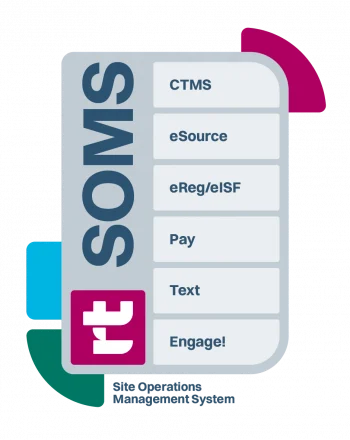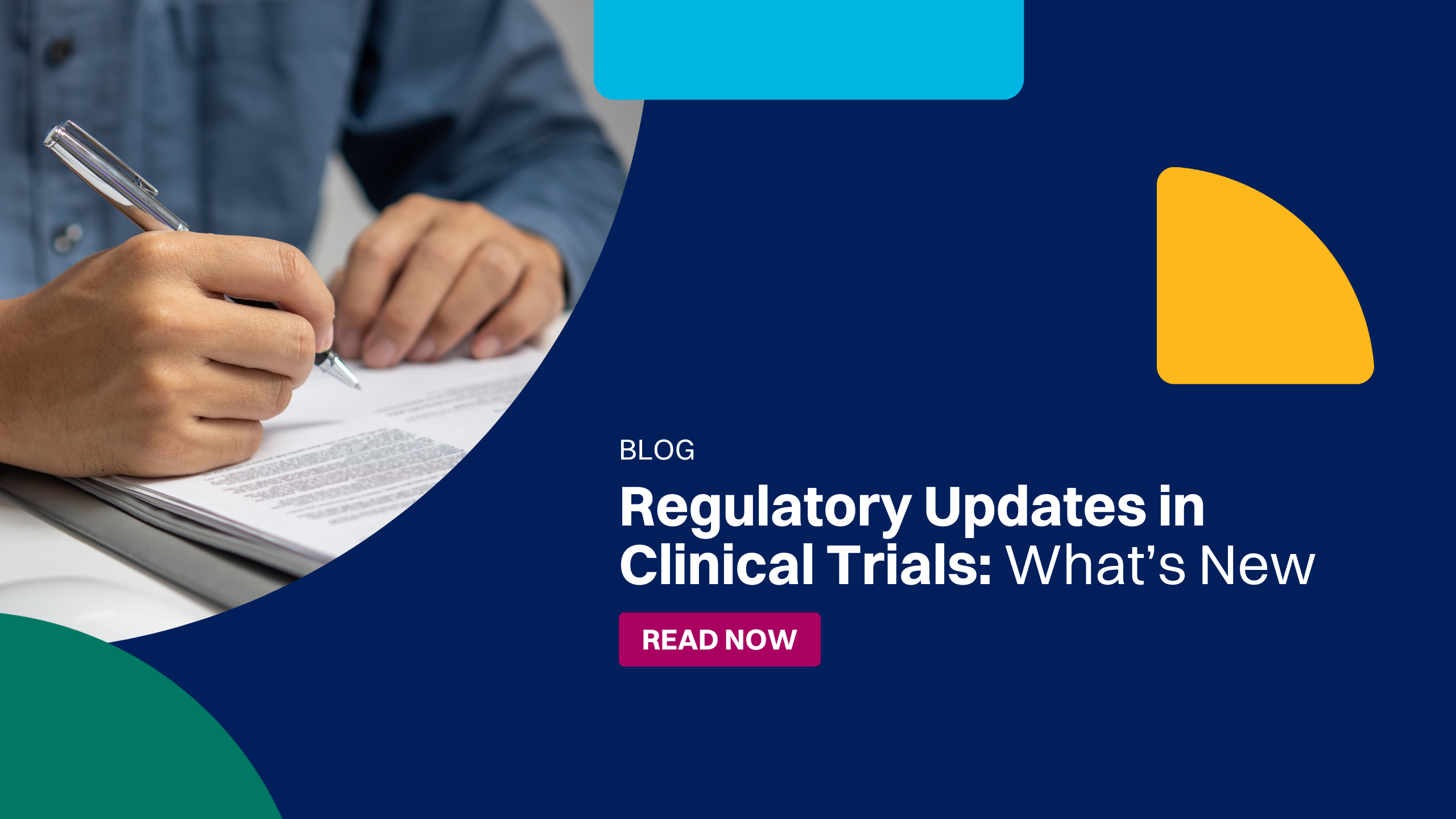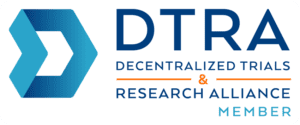In 2025, clinical research will continue to undergo significant transformation driven by key initiatives and updates from regulatory authorities like the FDA and the International Council for Harmonisation (ICH). These updates reflect a broader effort to modernize clinical trial practices, improve patient safety, and ensure that studies remain inclusive, efficient, and aligned with the latest scientific and technological advancements. Among these developments is the anticipated FDA guidance on single Institutional Review Board (IRB) reviews for multicenter studies, which will streamline the ethical review process by requiring only one IRB to oversee studies conducted across multiple sites. From the finalization of the ICH E6(R3) Good Clinical Practice guidelines to the FDA’s renewed emphasis on diversity in clinical trials and optimized oncology dosing through Project Optimus, altogether, these changes will redefine how trials are designed, conducted, and monitored. For clinical research sites and site networks, these regulatory shifts present both challenges and opportunities to deliver better research, better business, and better outcomes in global clinical trials. Here’s an overview of important regulatory updates in clinical trials and actionable steps for sites to prepare for the year ahead.
1. Upcoming FDA Guidance on Single IRB Reviews
In early 2025, the FDA is expected to harmonize guidance on single Institutional Review Board (IRB) reviews for multicenter studies, marking a significant shift for site networks managing multiple locations. This update will streamline the ethical review process by requiring only one IRB to oversee studies conducted at multiple sites. Furthermore, it will significantly streamline the ethical review process by requiring only one IRB to oversee studies conducted at multiple sites. By reducing duplication and standardizing requirements, the new guidance simplifies compliance for sponsors, CROs, and research sites alike. Moreover, it will also enable site networks to coordinate more efficiently across their locations.
Action Items:
- Review and Update Documentation: Ensure informed consent templates, site documentation, and compliance protocols are revised to meet the requirements of the new single IRB system. This includes addressing any region-specific or trial-specific variations that might arise.
- Enhance Communication: Establish clear and efficient lines of communication between sites, sponsors, and the designated IRB. This step is crucial to avoid delays or missteps in the review process, particularly as centralized oversight becomes the standard.
- Study FDA Guidance: Review the FDA’s “Informed Consent Guidance for IRBs, Clinical Investigators, and Sponsors” to fully understand the latest expectations and ensure alignment with updated standards.
- Harness eConsent Technology: Adopt eConsent platforms to facilitate informed consent processes across all study sites. These platforms streamline enrollment with mobile and remote consenting, automate routing and signature management, ensure version control, and eliminate common regulatory risks like missing consent deviations.
2. Expanding Access and Diversity in Clinical Trials
The FDA is reinforcing its commitment to diversity in clinical trials by encouraging sponsors to create Diversity Action Plans that outline clear goals for enrolling participants from a variety of age, gender, racial, and ethnic backgrounds. These initiatives aim to address long-standing disparities in clinical research participation and promote trial outcomes that are representative of the populations most impacted by the conditions being studied. In turn, inclusive and representative trials lead to more equitable healthcare advancements and better treatments.
Action Items:
- Collaborate with Community Organizations: Partner with trusted local groups to build meaningful connections with underrepresented populations.
- Address Barriers to Participation: Develop outreach programs to tackle challenges such as language differences, transportation issues, and cultural hesitancy. Consider offering bilingual materials, transportation stipends, or childcare support to reduce barriers and improve accessibility for participants.
- Leverage Technology for Inclusion: Use CTMS and participant engagement platforms like Engage! (MyStudyManager™ + eConsent) to simplify recruitment, enrollment, and retention activities with easily accessible and user-friendly digital platforms.
- Tailor Recruitment Campaigns: Customize outreach, messaging, and engagement strategies to resonate with particular demographics or communities. Instead of using a one-size-fits-all approach, adapt your recruitment strategy to address the unique needs and preferences of specific populations.
3. Adapting to ICH E6(R3) Good Clinical Practice Guidelines
The ICH is set to finalize the E6(R3) Good Clinical Practice (GCP) guidelines in 2025. This revamped guideline is designed to be applicable across diverse clinical trial types and settings while remaining adaptable as technological and methodological advances continue to emerge. Key updates include significant changes to the structure and content of the previous E6(R2) version, impacting all aspects of trial conduct, from planning to reporting. The updated guidelines emphasize principles of flexibility, ethics, quality, and the integration of digital technologies. These updates are intended to improve trial efficiency, participant safety, and data integrity.
The new guidelines also introduce heightened responsibilities for ethics committees, investigators, and sponsors, thus reflecting the increased focus on ethical considerations and quality management. As a result, clinical research sites will need to adopt robust systems and practices to remain compliant while effectively leveraging the new efficiencies offered by advanced technologies.
Action Items:
- Risk-Based Quality Management: Create or refine quality management systems with a focus on identifying and mitigating risks throughout the trial process. This approach will help sites align with the guideline’s emphasis on flexibility and quality.
- Enhanced Data Governance and Hybrid Trial Enablement: Implement eClinical tools like eSource and eReg/eISF for centralized data management, audit trails, and validation checks. Consider adopting telehealth and participant engagement platforms to support hybrid and decentralized clinical trials (DCTs) with improved remote assessments and participant interaction.
4. FDA's Project Optimus for Oncology Trials
The FDA’s Project Optimus is urging oncology drug developers to optimize dosing strategies to enhance efficacy and minimize side effects. Traditionally, maximum tolerated doses (MTD) were used, often compromising patient safety and quality of life. Project Optimus challenges this norm by urging oncology drug developers to conduct more robust, data-driven trials to determine the most effective and safest dosing regimens.
The initiative will require expanded studies that evaluate dose-response relationships, long-term effects, and patient safety metrics. While these larger, more complex studies may extend trial timelines and budgets, they aim to deliver treatments that are safer, more effective, and better tolerated.
Action Items:
- Train Staff: Keep updated on the FDA’s guidance and participate in relevant training programs to understand evolving dosing protocol requirements. Equip teams to manage dose-optimization studies, focusing on patient monitoring, data collection, and adverse event management.
- Evaluate Resources: Assess site capacity, adjust staffing levels, and improve workflows to manage larger and more complex trials effectively.
- Leverage Technology: Adopt advanced eClinical tools like eSource for real-time data capture and eReg/eISF for seamless regulatory compliance. These solutions streamline data collection, improve data integrity, and simplify complex study management.
Wrap Up
Ongoing updates in clinical trial compliance will redefine the design, execution, and oversight of research studies. These changes highlight the growing importance of flexibility, innovation, and patient-centricity in clinical research. For clinical research sites, these updates represent opportunities to strengthen operational efficiency, improve participant experiences, deliver higher-quality data, and showcase their expertise and capabilities. By adopting advanced, purpose-built eClinical solutions like eSource, CTMS, and eConsent, sites can streamline workflows, address new complexities, and align seamlessly with the demands of decentralized and diverse trials. Taking decisive action allows clinical research sites to turn compliance challenges into strategic advantages. Moreover, these efforts will also help sites build stronger relationships with sponsors and CROs, secure more trials, and contribute to advancements in patient care and treatment development.

Navigating regulatory updates and integrating advanced technology can feel daunting, but you don’t have to do it alone. RealTime’s Professional Services team is here to help with the expertise and tools to guide you through every phase of your digital transformation. From assessing your current processes to implementing eClinical solutions like eSource, CTMS, and eReg/eISF, RealTime ensures a seamless transition that aligns with your goals and your site’s unique needs. Plus, our Professional Services consultants specialize in change management, tailored training, and ongoing support. Connect with one of our solutions experts to learn how we can help you turn compliance challenges into opportunities for growth and success.






